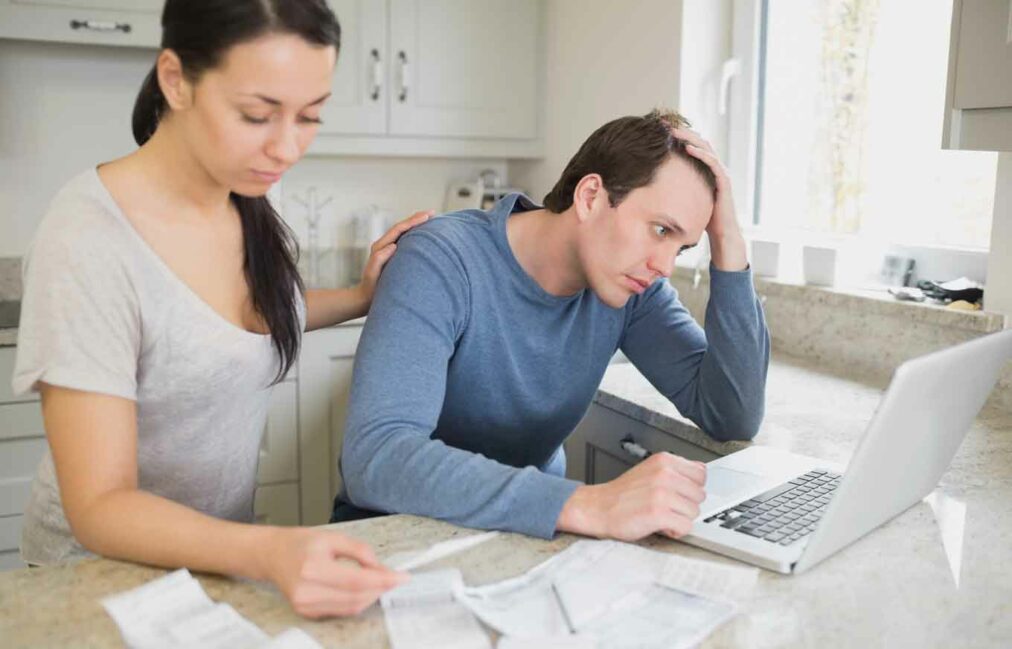Knowing the truth can help you overcome depression. Depression is a medical disorder, not a result of “laziness” or a transient reaction to normal grief and disappointment.

Depression Symptoms
A major depressive episode is defined as having five or more of the following symptoms on a daily (or most days) basis for two weeks or more:
Depression or irritability
- Sleep issues (i.e., sleeping too much or too little; sleeping mainly during the day)
- Interests may shift (i.e., not being interested in what you used to enjoy) or lack motivation.
- Excessive guilt or a distorted self-image
- Significantly reduced energy and a shift in self-care (i.e., not showering anymore)
- Concentration is significantly worse (i.e., sharp decline in grades or performance)
- Appetite changes (i.e., eating too much or too little)
- Anxiety/panic episodes or agitation
- Suicidal ideas, plans, or actions, including self-harm (i.e., intentionally cutting or burning yourself)
- It is critical to realize that not everyone who is depressed is suicidal. Even if you haven’t displayed any specific suicide or self-harm actions, or if your symptoms aren’t as severe or persistent as the signs listed above, you can still seek treatment.
Okay, I’m depressed… So, what now?
Now that you’re aware of the symptoms of depression, some positive coping methods can come in handy. All strategies listed below are supported by scientific research and pharmaceutical prescribers — such as psychiatrists — and are usually suggested as key aspects of treatment even for individuals who continue to take antidepressant medicines.
WARNING: Do not discontinue your antidepressant prescription without consulting your doctor. Discuss with your provider any questions or concerns you have about the side effects of your drugs.
Every day, put these coping skills to use.
When suffering from depression, I recommend practicing several, if not all, of the following coping skills and techniques at least once a day. However, it is vital to understand that you will most likely feel unmotivated to undertake any of these at first because depression typically saps motivation. To put it another way, it’s typical to feel unmotivated until you’re halfway through.
Patients I work with who use these coping methods regularly improve. The acronym MY PEERS might help you remember the seven techniques.
1. Intention: Find simple methods to help others.
Serve something larger than yourself to find a personal purpose. Remember that service does not have to be extensive to be meaningful. “Success, like happiness, cannot be pursued; it must occur… as an unintentional side result of one’s dedication to a course greater than oneself,” says the author. — From Man’s Search for Meaning by Viktor E. Frankl